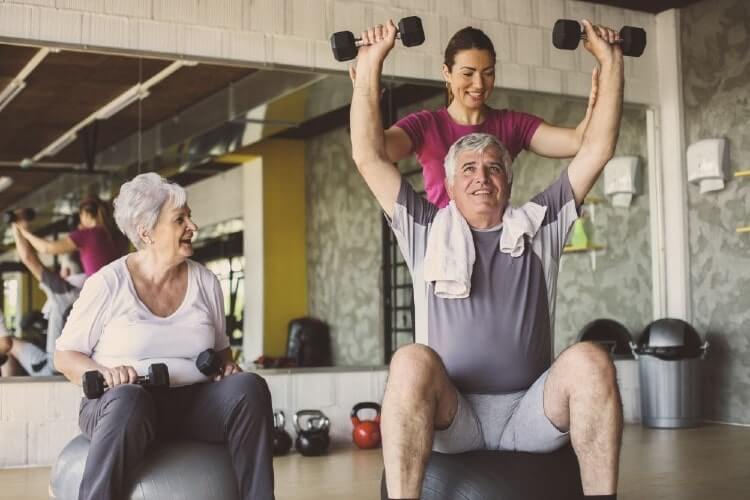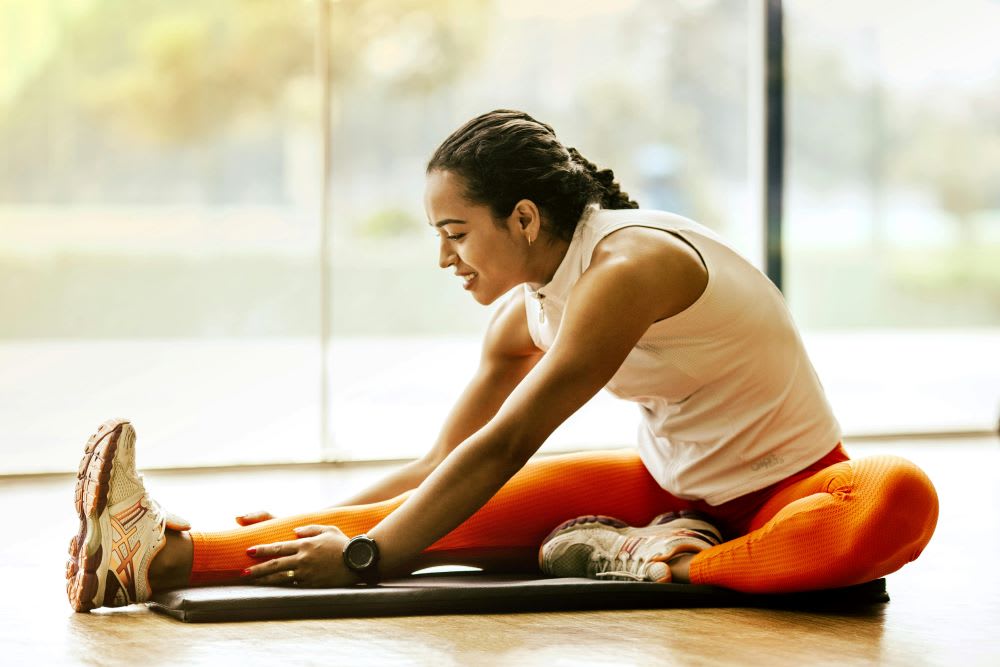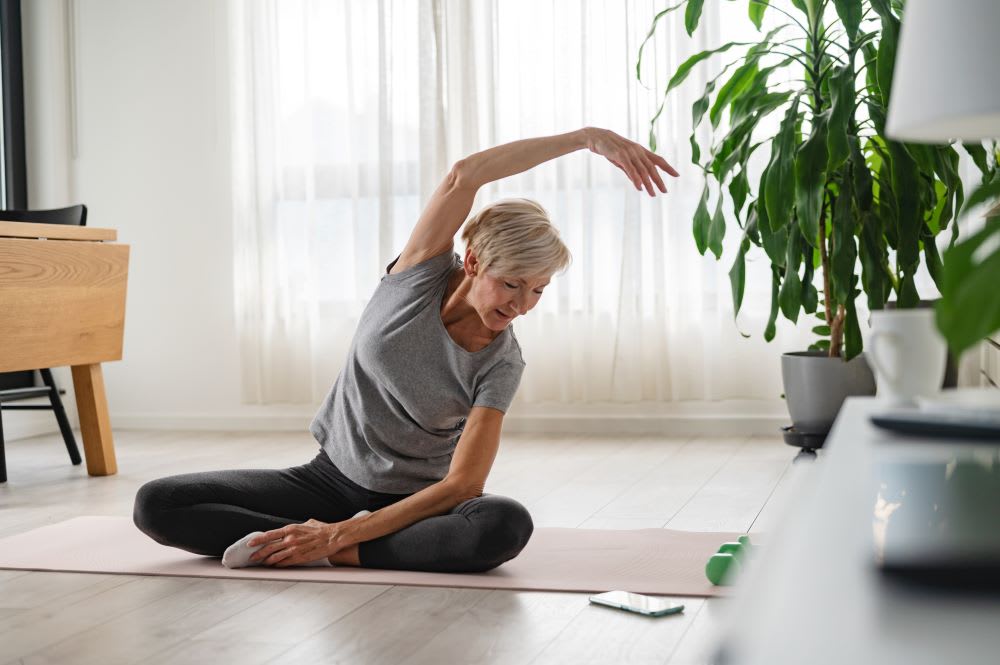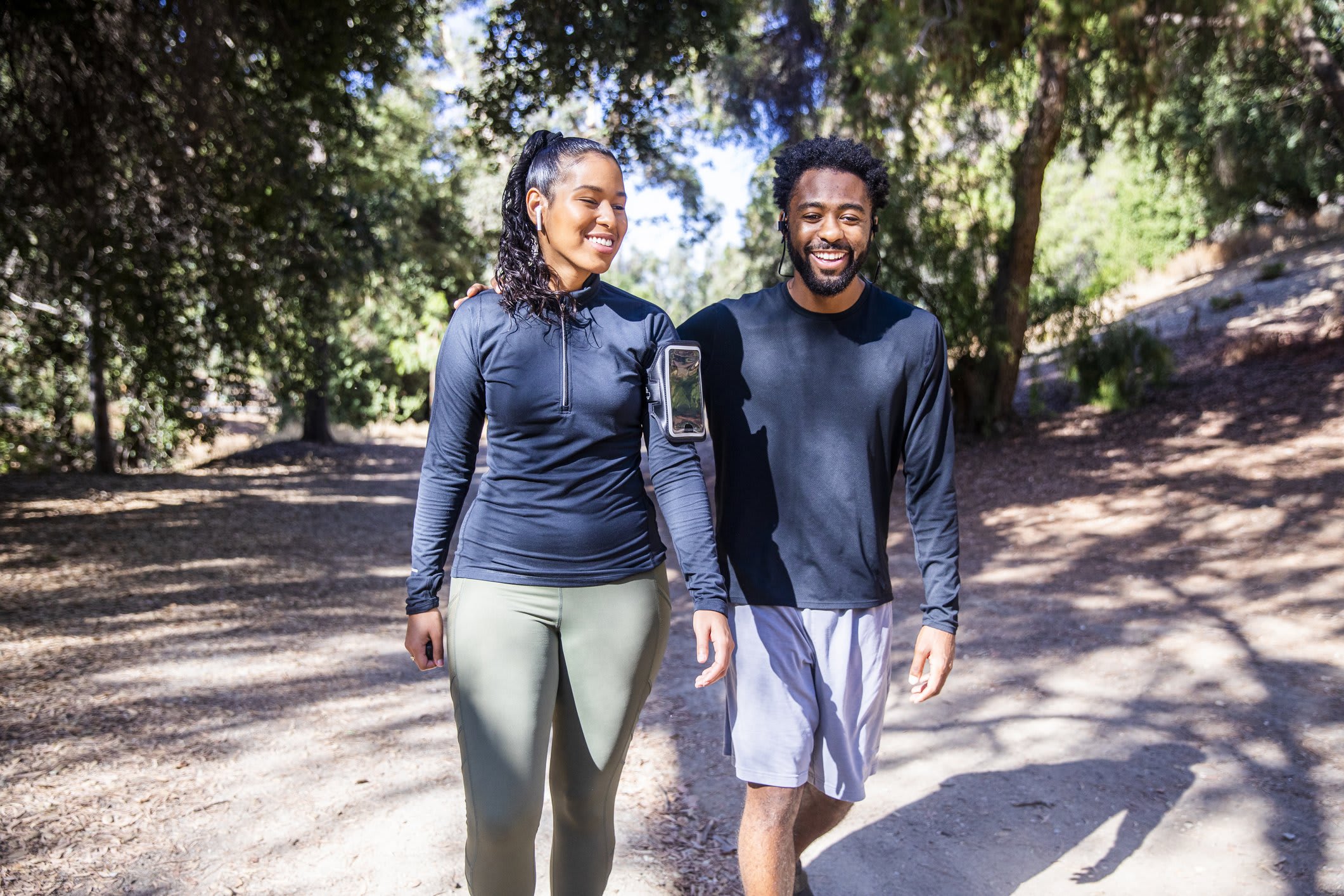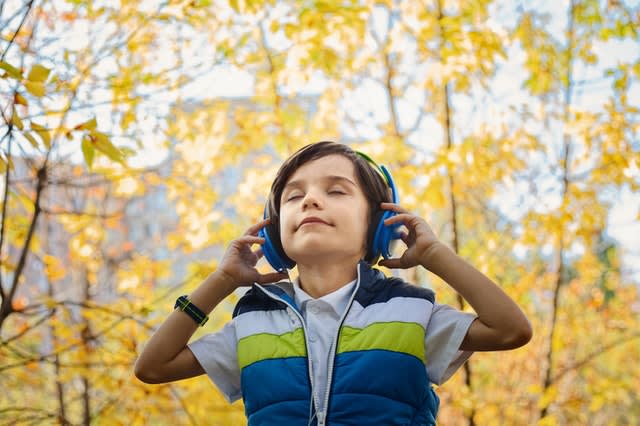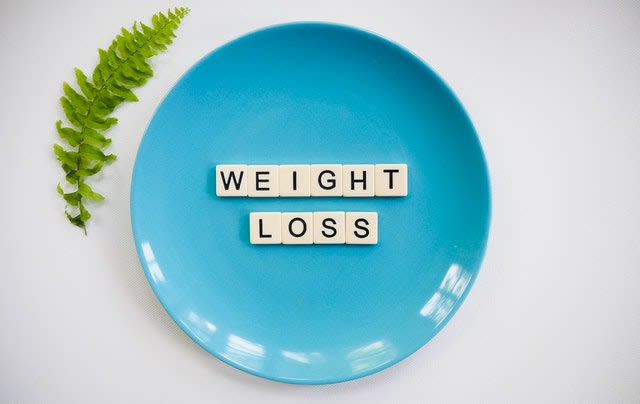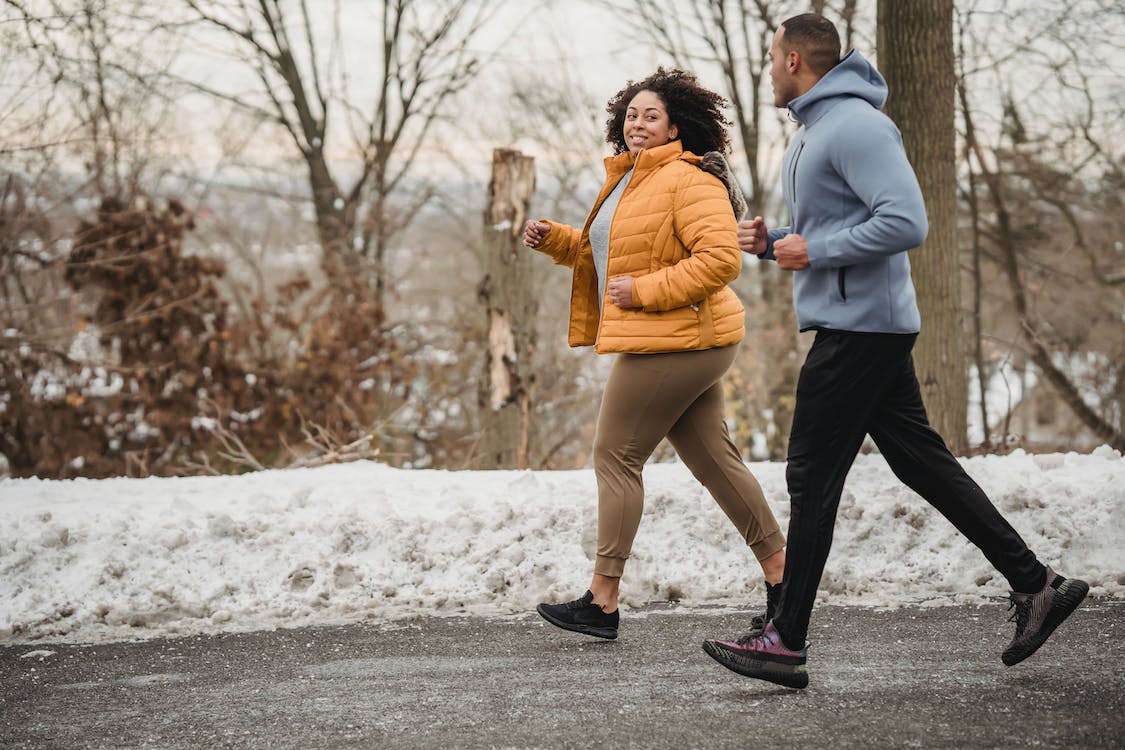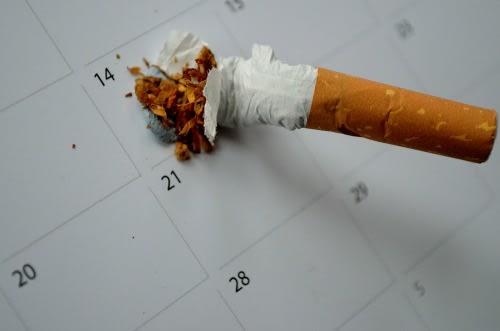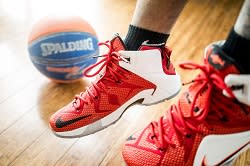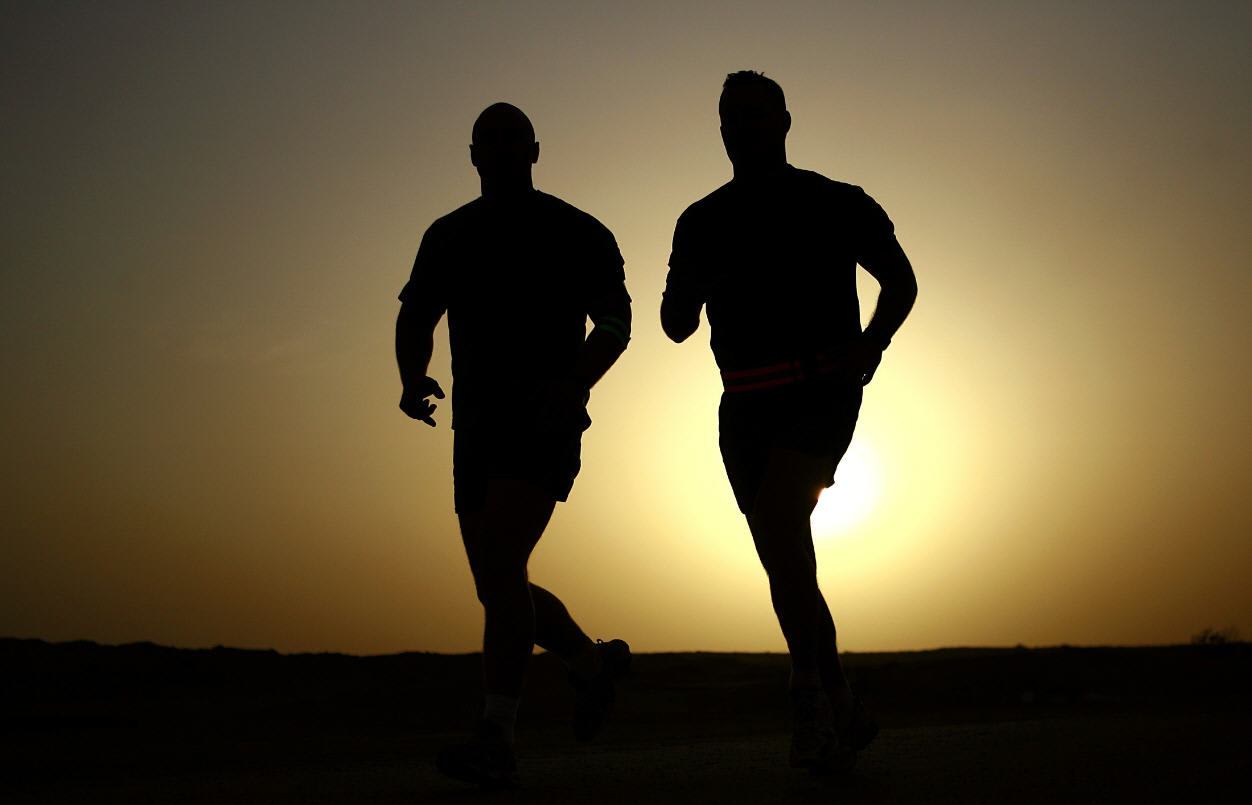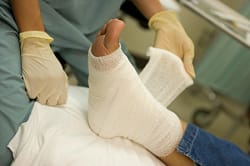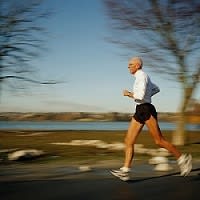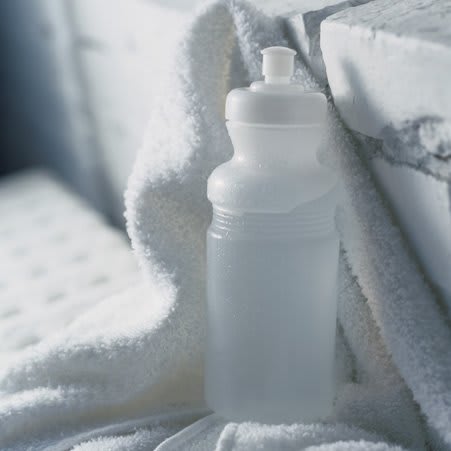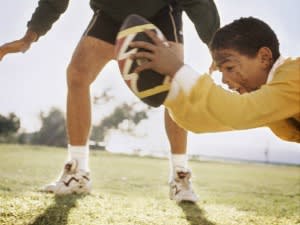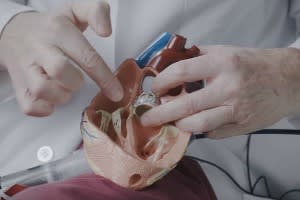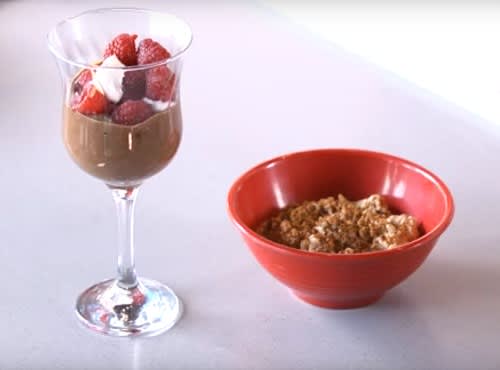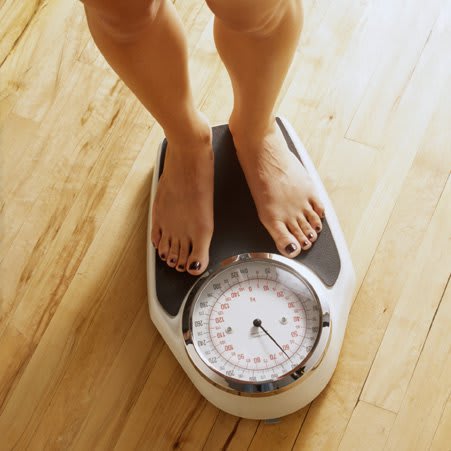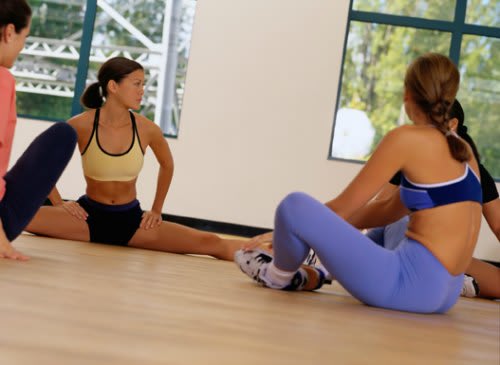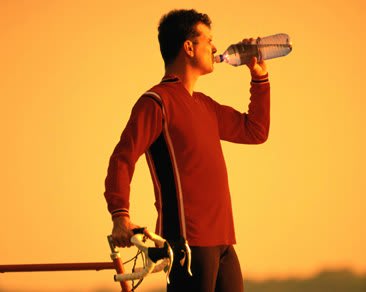Connecticut's 1st heat wave of summer is here: How to stay safe
Published: July 20, 2022l
By Brianna Siegel, MD
Temperatures are expected to reach 90 degrees in much of Connecticut this week. During these scorching summer days, it's important to stay safe. The easiest way to do this is by protecting yourself against the sun, staying well-hydrated, and knowing how to spot and address signs of overexposure and heat-related illness.
The more sun exposure you get, the more likely you are to overheat and dehydrate. This can lead to health problems, such as heat cramps, heat exhaustion, or heat stroke.
Heat exhaustion is more severe than heat cramps because it means the body cannot cool itself. Signs of heat exhaustion may include cold, pale, or clammy skin; a fever over 100.4° F (or 34° C); heavy sweating; elevated heart rate; tiredness, weakness, dizziness, or confusion; headache, nausea, vomiting, or fainting. Untreated, heat exhaustion can lead to heat stroke.
Heat exhaustion and heat stroke are medical emergencies that can lead to seizures, coma, or death and require immediate attention.
Seniors are at particular risk for heat-related illness. If your elderly loved one shows signs of heat exhaustion, bring them to an urgent care or a hospital emergency room immediately.
Carry a water bottle with you to remember to drink throughout the day. It's safe to drink up to a liter (32 ounces) an hour, as long as you're exerting yourself. Unless you have a heart condition or are on a low-sodium diet, you're unlikely to experience any problems from aggressive rehydration in extreme heat.
You can monitor your hydration status by checking the color of your urine: dark yellow urine signifies dehydration. You want your urine to be light yellow to clear.
Keep working out, as long as you don't have any medical problems, eat a healthy diet, and adequately hydrate. During these very hot days, you may want to do several shorter activities multiple times a day rather than one long chunk of exercise. Wear lightweight, breathable clothing, take frequent breaks, and drink plenty of fluids before and after activity.
If you feel unwell, then stop what you're doing. Some people prefer working out at home, in a cool room or basement, while others cannot work out at all during extreme heat. Most importantly, listen to your body so you can stay safe all summer long.
Temperatures are expected to reach 90 degrees in much of Connecticut this week. During these scorching summer days, it's important to stay safe. The easiest way to do this is by protecting yourself against the sun, staying well-hydrated, and knowing how to spot and address signs of overexposure and heat-related illness.
Safety tips for summer heat:
As a doctor — and mom — the first thing I worry about during the summer is sunburn. A lot of people wear sunscreen but don't realize that one application lasts for only a couple of hours. You should reapply sunscreen — with an SPF of 30 or more — after swimming or sweating. Also, wear a hat, especially if you have thinning hair or any areas of baldness, or put one on your child. This is one of the best ways to avoid sunburn.The more sun exposure you get, the more likely you are to overheat and dehydrate. This can lead to health problems, such as heat cramps, heat exhaustion, or heat stroke.
How to tell if you've had too much sun or heat:
Heat cramps are the mildest form of heat illness. They are painful muscle cramps or spasms — usually in the abdomen, arms, or calves — that occur when your body loses too much salt and water from intense exercise or sweating in high heat. If this happens to you or a loved one, then stop all physical activity, move to a cool place, drink or provide water, use cool compresses to lower body temperature, and wait for the cramps to stop before resuming physical activity. If cramps last longer than an hour, seek medical help.Heat exhaustion is more severe than heat cramps because it means the body cannot cool itself. Signs of heat exhaustion may include cold, pale, or clammy skin; a fever over 100.4° F (or 34° C); heavy sweating; elevated heart rate; tiredness, weakness, dizziness, or confusion; headache, nausea, vomiting, or fainting. Untreated, heat exhaustion can lead to heat stroke.
Heat exhaustion and heat stroke are medical emergencies that can lead to seizures, coma, or death and require immediate attention.
Seniors are at particular risk for heat-related illness. If your elderly loved one shows signs of heat exhaustion, bring them to an urgent care or a hospital emergency room immediately.
Prevent heat-related illness
You can prevent dehydration by drinking water before going outside. Electrolyte replacement drinks and powders, and even salt tablets, are trendy, but drinking plain water is enough to prevent electrolyte and salt depletion, providing you eat a healthy diet. I can't over-emphasize the importance of pre-hydrating. If you start out in a dehydrated state before heading outside, or if you drink alcohol — which dehydrates you — in the sun, then you will have a harder time hydrating and increase your risk for heat exhaustion or stroke.Carry a water bottle with you to remember to drink throughout the day. It's safe to drink up to a liter (32 ounces) an hour, as long as you're exerting yourself. Unless you have a heart condition or are on a low-sodium diet, you're unlikely to experience any problems from aggressive rehydration in extreme heat.
You can monitor your hydration status by checking the color of your urine: dark yellow urine signifies dehydration. You want your urine to be light yellow to clear.
Keep working out, as long as you don't have any medical problems, eat a healthy diet, and adequately hydrate. During these very hot days, you may want to do several shorter activities multiple times a day rather than one long chunk of exercise. Wear lightweight, breathable clothing, take frequent breaks, and drink plenty of fluids before and after activity.
If you feel unwell, then stop what you're doing. Some people prefer working out at home, in a cool room or basement, while others cannot work out at all during extreme heat. Most importantly, listen to your body so you can stay safe all summer long.
About the Author
Brianna Siegel, MD, is a primary care physician at Stamford Health.Featured Expert/ Author




